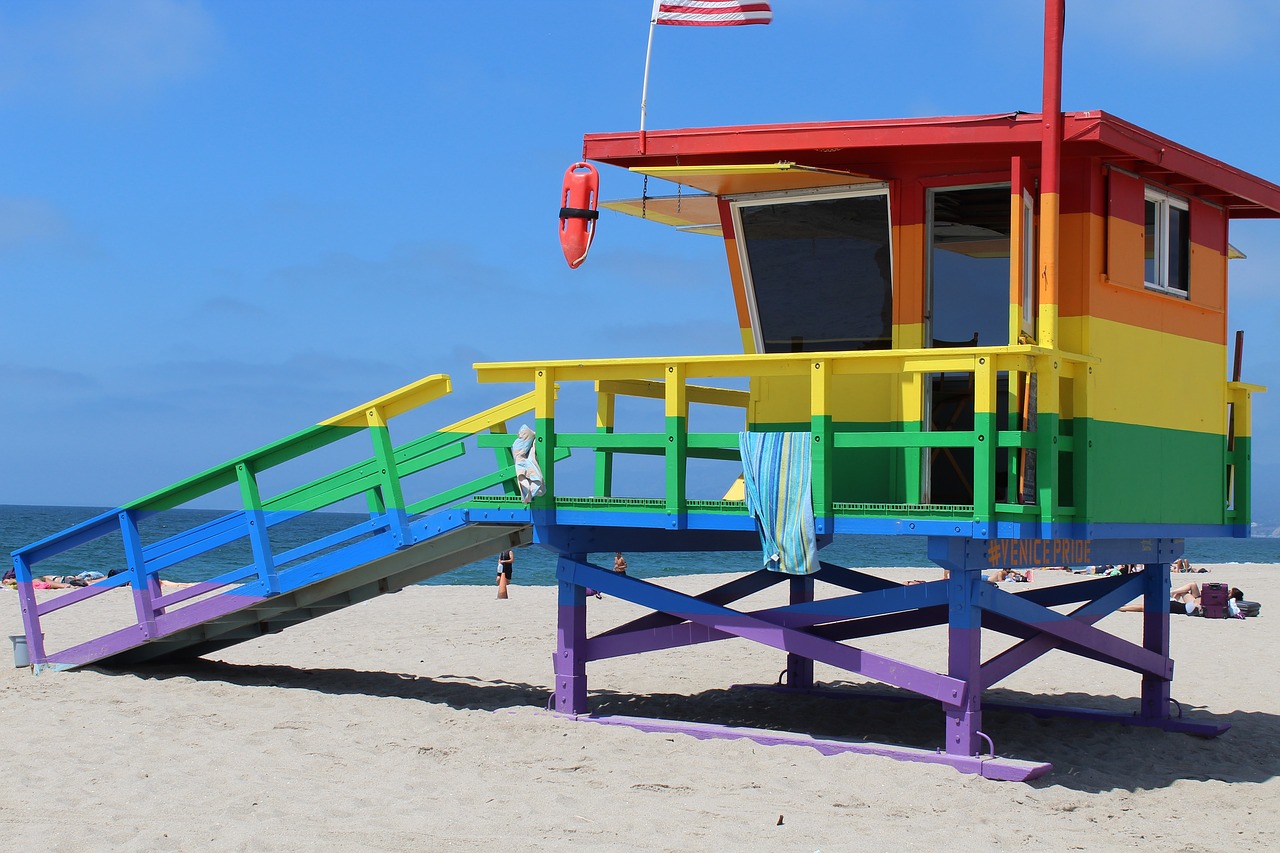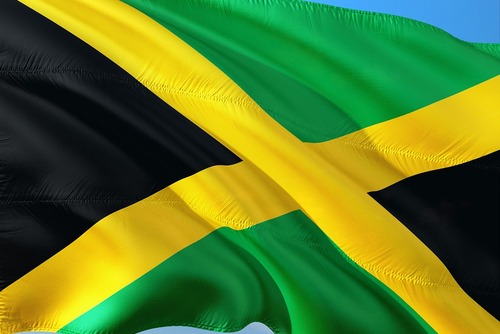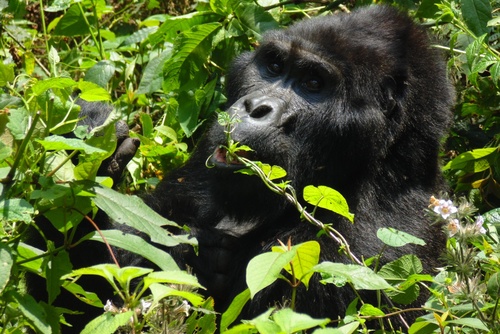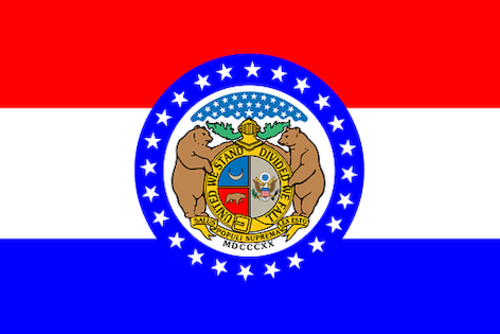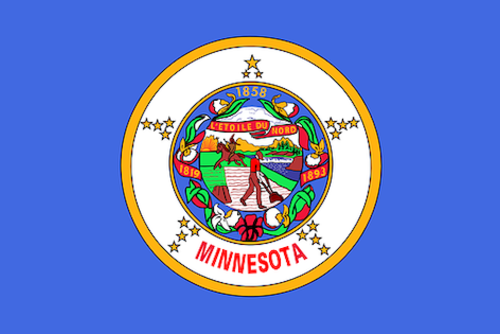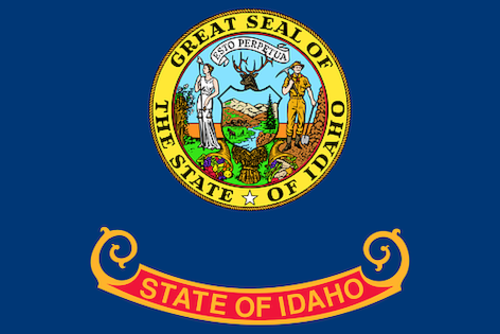When that flight lifts off and you can’t quite shake the uncertainty of the rocky ascent into the air, you find yourself praying to a God you’d rarely call on in your daily life.
When you pack your day-to-day bag, you wear it across your body for fear of pickpockets. And when you meet an attractive and mysterious stranger at that beach bar heaving with locals, you ensure not to give too much information about yourself, and keep your friends close.
There are so many more obvious additional risks, ranging from lost luggage to cancelled flights, to making sure your insurance covers winter sports. Travel is risky for everybody and anybody.
But what about LGBTQ travelers? Sadly, as a LGBTQ traveller, losing your passport is often the least of your worries.
Here are some important tips for LGBTQ+ travellers to help you travel the world safely
Background info - the law
Homosexuality is punishable by the death penalty in four countries in Africa. Russia is known for being violently homophobic towards LGBTQ people. A lesbian couple were beaten on a bus for refusing to kiss - in London, nonetheless.
What’s more, a whopping 70+ countries criminalise LGBTQ people.
While being able to travel should be a somewhat carefree choice; accessible to all if they have the means, these discriminatory and hateful laws make travel tricky for LGBTQ travellers.
This means that on top of the usual travel worries of insurance and converting currency, LGBTQ travellers have to consider other factors before they travel abroad.
Will I be accepted when trying to integrate into a new area? Can I hold hands with my partner here? Will we be safe or will we be harassed, arrested, or worse?
These are just some of the thoughts that may or may not be at the forefront of an LGBTQ traveller’s mind.
Best LGBTQ+ Travel Destinations
These countries are generally very friendly places to visit with open-minded people and attitudes:
1. Spain
2. UK and Ireland
3. Germany
4. USA
5. Greece
6. Brazil
7. Canada
8. France
9. Thailand
10. New Zealand
11. Malta
12. Netherlands
13. Italy
14. Iceland
15. Australia
16. South Africa
17. Mexico
18. Portugal
Destinations to Caution
You should really think hard before visiting these countries on your next LGBTQ+ holiday:
1. Russia
2. UAE (Dubai)
3. Saudi Arabia
4. Uganda
5. Jamaica
6. Nigeria
7. Israel
8. Iran
9. Egypt
10. Morocco
11. Indonesia
12. Lithuania
Do Your Research
This isn’t to say that LGBTQ travelers should be reluctant to travel. In fact, President and CEO of the International Gay and Lesbian Travel Association (IGLTA), John Tanzella, says ‘Don't stay home, but do your homework!’
And by homework, we mean that additional factors need to be considered during the pre-travel planning phase of booking a holiday. Tanzella continues by saying travel safety is ‘critical’ for LGBT people:
‘Even in countries with progressive policies, that doesn't mean acceptance has spread throughout the population - acts of homophobia and transphobia occur everywhere, so we have to be informed and aware of our surroundings.’
Finding LGBTQ+ Friendly Accommodation
Therefore Tanzella advises finding hotels, tour operators and travel advisors that are ‘known to be LGBTQ+ friendly’, adding that for LGBTQ+ families, ‘custody and parentage documents should always be packed’.
Paula Gerber, deputy director for the Castan Centre for Human Rights and the law faculty at Monash University, Australia, and who assisted with drafting the section of the Australian Government's Smart Traveller section for LGBTIQ travellers, agrees with the importance of research, adding that it ‘pays to research the situation for LGBTIQ people in the countries you intend to visit and to potentially avoid travelling to countries where the risk of harm outweighs the upsides of visiting a new place’:
Researching Your Destination’s Attitudes .
‘72 countries still criminalise homosexuality. Other countries have decriminalised but are still violently homophobic towards LGBTIQ people’.
Gerber adds that although same-sex couples may enjoy public displays of affection with their partner in their home country, continuing such behaviour in a destination which is ‘intolerant of diverse sexual orientations and gender identities will make them vulnerable to attacks and discrimination.’
Clothing and Meeting New People
So what should an LGBTQ traveller do if they find themselves in such a situation?
Gerber says that authorities ‘may not only be unwilling to assist them, but may even harass or persecute them further.’ In this case, Gerber advises seeking assistance from the consular staff from your home country.
But with all your research into how to behave with your partner with regards to public displays of affection, there may be other things that will need to be avoided.
As Gerber points out, travelers may need to ‘modify the way they dress and be wary of new “friends” they might meet, particularly through online forums or dating apps’ as it is possible that criminals ‘may seek to exploit or cause harm’ while police ‘may seek to entrap’.
Contacting Your Travel Supplier
Ed Salvato, Chief Content Officer for ManAboutWorld - the world's number one digital gay travel magazine for smart phones and tablets - certainly agrees that research is key as ‘many tourism brands market themselves as gay welcoming or gay friendly... but very few know what it is about LGBTQ travellers that’s different in order to treat them with the equal welcome that they deserve’.
Salvato continues by encouraging a quick phone call to your intended travel supplier:
‘Whether it’s a hotel or a tour company, ask if they have had experience welcoming a same-sex couple, or a gender non-conforming traveler - you can gauge a lot from their answer.
‘Are they defensive? Or do they lean into it and ask you questions and ask you what your concern is? That is the mark of a truly queer welcoming brand.’
What about a Permanent Move Abroad?
Sometimes it’s not just travel to be concerned with, but also a permanent move. If you’re being/have been relocated by work to jurisdictions where homosexuality (or gender identity) are marginalised or criminalised, then you should read ManAbout World’s guide to LGBTQ travel safety.
Lots of websites like the FCO also have Lesbian, Gay, Bisexual and Transgender foreign travel advice.
Remember, it pays to be #travelaware. Follow FCO Travel on Facebook and Twitter, and check their website for live updates about your travel destination.
By Varsha Patel

